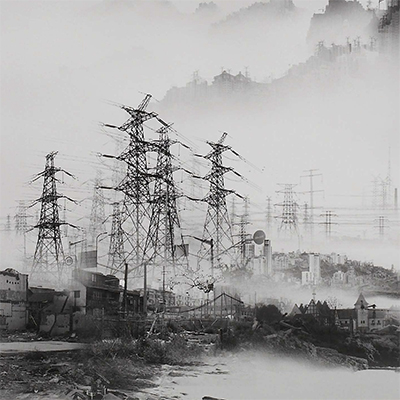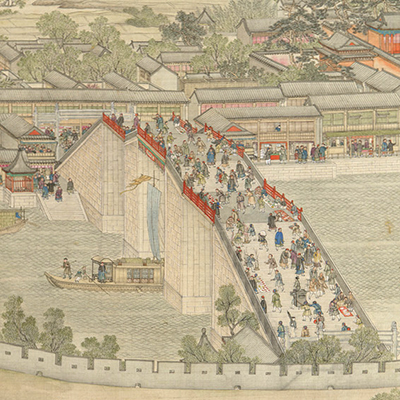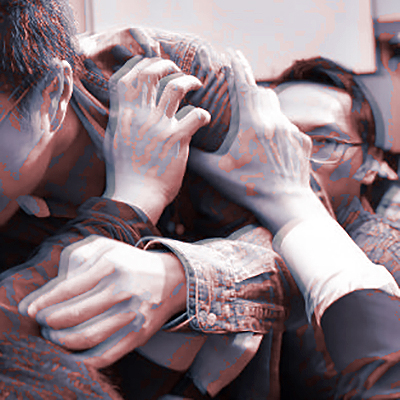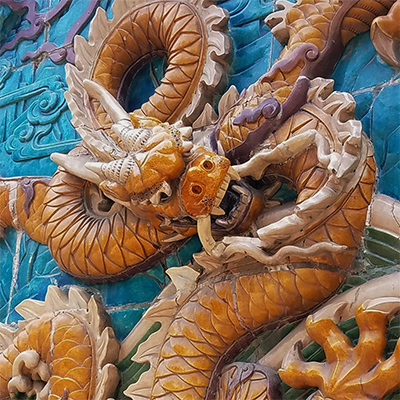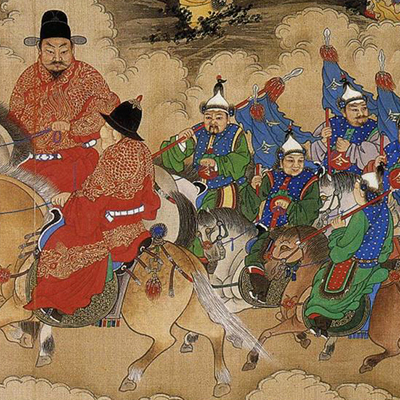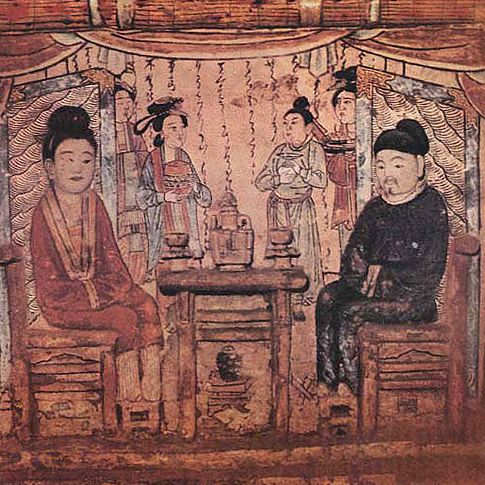
Families in Imperial China
Chinese are often schooled to believe that family is everything to them, in contrast to "typical" Americans. The story, however, is far more complex. Age-old theories cast a family member's striving for worldly success — which often meant long years spent apart from the domestic circle — as vital both to the patriline's long-term material well-being and to its current and future status and reputation. Careers in politics, familial obligations, and a range of other irrepressible drives made for a heady mix, as detailed in Chinese travel diaries, novels, legal casebooks, poems, letters, and commemorative stelae. In these texts, protagonists (mostly male) confront entangled and entangling relations with parents, wives, concubines, lovers (male and female), and children. Alongside the narrative clichés, successive reconfigurations of family duties in mid- and late-imperial China gave rise to dramatically altered notions of "native place," spawning domestic tension and worse, appeals to "orthodox" vs. "illicit" passions, and cults of domesticity for the living and the dead. The panelists, both chroniclers of the emotions, will consider the diverse forms that the "traditional Chinese family" could take, as glimpsed in a wide range of pre-modern sources.
This event is part of a yearlong series grounded in the conviction that it has become essential for the United States to engage in dialogue with China. If we are not simply to challenge but to co-exist with China, we need a better understanding of the country’s complex contemporary reality — which in turn requires engagement with the longstanding historical and cultural roots from which today's reality has sprung. The series brings together Chinese and Western panelists to engage in cutting-edge dialogue on the history and current state of Chinese art, culture, and politics. Offering innovative, thoughtful approaches to the study of China, the conversations aim to provide rich intellectual resources as the US and China chart an unknown but surely entangled future.
In Dialogue with China: Art, Culture, Politics is organized by Michael Nylan (History) and Hans Sluga (Philosophy).
Participants:
Maram Epstein is professor of Chinese literature and director of the Center for Asian Pacific Studies at the University of Oregon. She is the author of Competing Discourses: Orthodoxy, Authenticity, and Engendered Meanings in Late-Imperial Chinese Fiction (2001) and Orthodox Passions: Narrating Filial Love during the High Qing (2019), which was translated into Chinese. She has also written numerous essays exploring the aesthetic and emotional dimensions of literary descriptions of the body and the body politic.
Ellen Cong Zhang is professor of history at the University of Virginia. She is the author of Transformative Journeys: Travel and Culture in Song China (2011) and Performing Filial Piety in Northern Song China: Family, State, and Native Place (2020). She is coeditor of Chinese Funerary Biographies: An Anthology of Remembered Lives (2019) and recent guest editor of a special issue of the Journal of Chinese History devoted to "Family Relations in Chinese History."
Companion Film Series
In conjunction with the Townsend Center events, UC Berkeley Art Museum and Pacific Film Archive presents the film series In Dialogue with China: Family, Memory, Resistance, and Change, focusing on the work of three contemporary Chinese filmmakers. See BAMPFA for tickets and more information.
